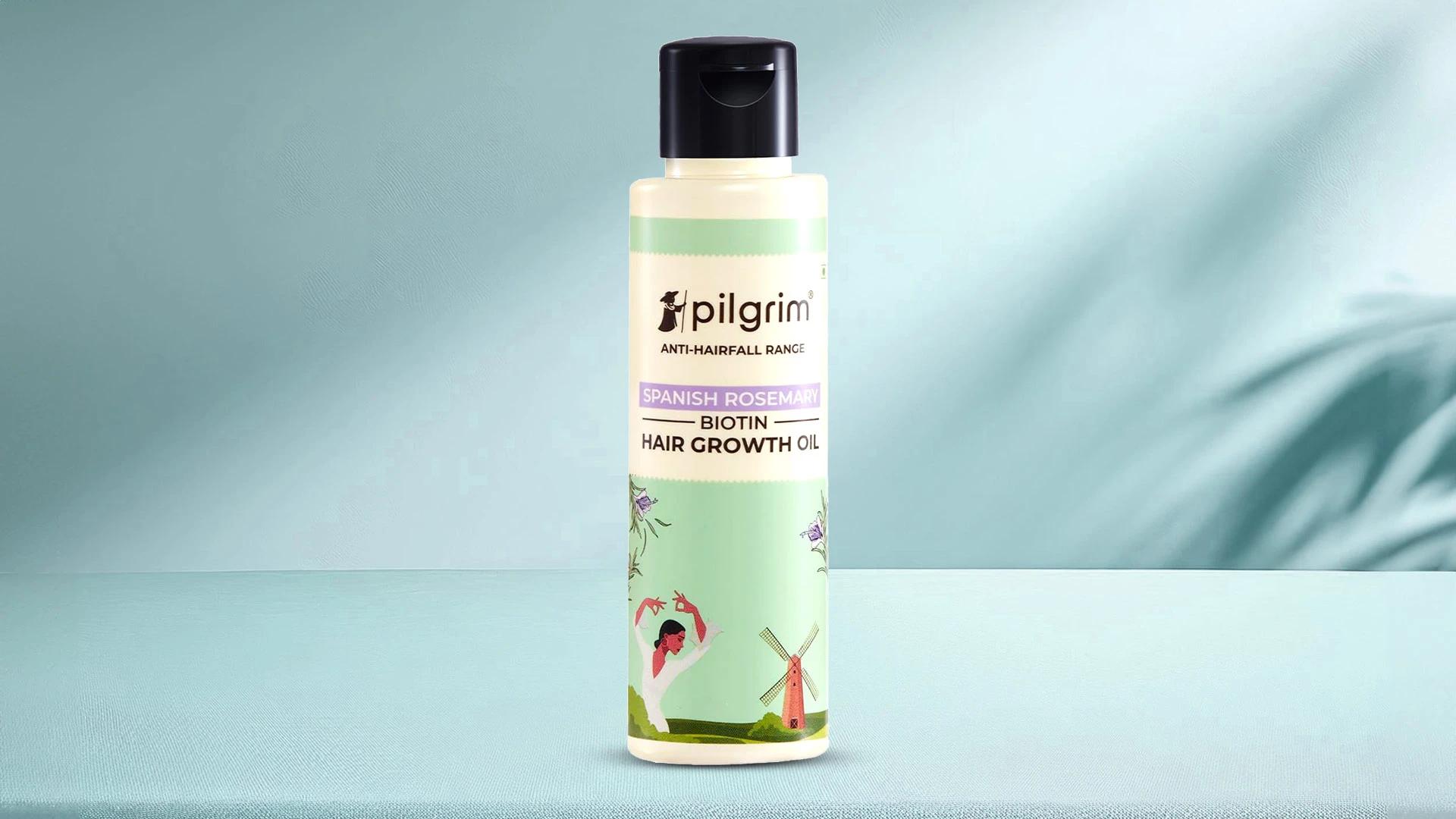Let's be real—your hair is basically your crown, and nothing hurts more than watching it fall out or grow at the pace of a lazy Sunday. But here's the thing: the secret to gorgeous, healthy locks might already be sitting in your kitchen. We're talking about superfoods that can transform your haircare game from the inside out. Forget those pricey treatments for a minute and let's chat about how the right nutrient-rich diet for healthy hair can work wonders. This isn't just wishful thinking—it's science-backed goodness that your scalp will thank you for.
The Science Behind Hair Growth and Nutrition
Your hair growth follows a fascinating three-phase cycle that's basically like a well-choreographed dance. First comes the anagen phase, where your hair actively grows for about 2-7 years. Then there's the catagen phase—a brief transitional period lasting just a few weeks. Finally, the telogen phase arrives, where your hair rests before eventually falling out to make room for new growth.
Here's where nutrition becomes your hair's best mate: every strand of hair is essentially made up of a protein called keratin. Without proper nutrients, this cycle gets disrupted, leading to weak, brittle hair that breaks easily or grows slower than you'd like. Your hair follicles are actually some of the most metabolically active cells in your body, which means they're constantly hungry for the right fuel. When you feed them well with scalp nourishing nutrients, they reward you with stronger, shinier hair that grows at its optimal rate.
Essential Nutrients for Healthy Hair
Think of your hair like a plant—it needs specific nutrients to thrive, and skipping any of them is like trying to grow roses without water. The key players in this hair growth game include proteins, vitamins (especially B-complex, C, and D), minerals like iron and zinc, and healthy fats that keep everything running smoothly.
Each of these nutrients has a specific job description. Proteins build the actual structure of your hair, whilst vitamins for hair health act like little helpers that make sure everything functions properly. Minerals strengthen your hair shaft and support follicle health, and healthy fats keep your scalp moisturised and happy. When all these nutrients work together, they create the perfect environment for natural hair growth that actually lasts.
Protein: The Building Block of Hair
Protein isn't just for gym enthusiasts—it's literally what your hair is made of. About 95% of your hair consists of keratin, a fibrous protein that gives your strands their strength and structure. When you don't get enough protein, your body goes into survival mode and redirects whatever protein it has to more essential functions, leaving your hair high and dry.
Protein-rich foods for hair strength include eggs (they're basically hair superfood with complete amino acids), fish like salmon and sardines, Greek yoghurt, lentils, and quinoa. Even if you're vegetarian, there are plenty of options like chickpeas, nuts, and seeds that pack a protein punch. The trick is getting a variety of amino acids—the building blocks of protein—because your hair needs the complete set to build strong, resilient strands.
Experts suggest aiming for about 0.8 grams of protein per kilogram of body weight daily, but if you're dealing with hair loss or want to boost growth, you might need a bit more. Just remember, balance is key—too much protein without enough of other nutrients won't give you the results you're after.


 120 Gummies
120 Gummies 30 Strips
30 Strips 125 gm
125 gm 60 Gummies
60 Gummies